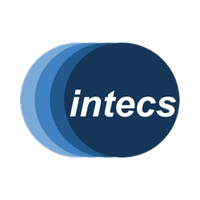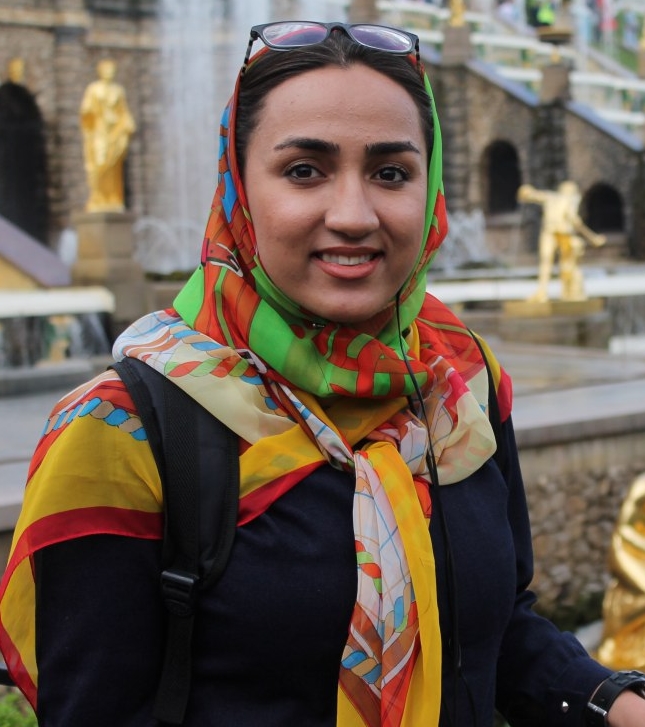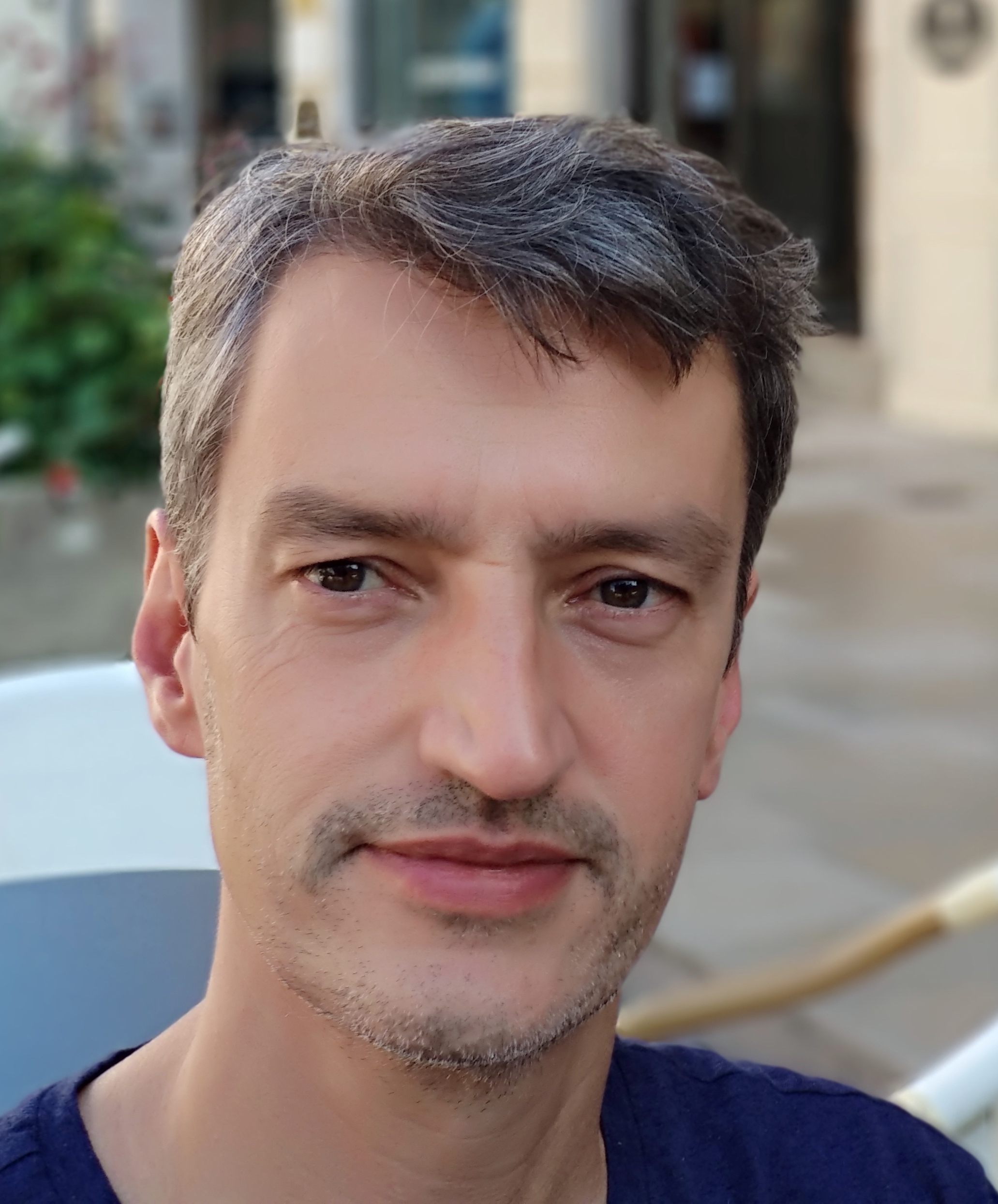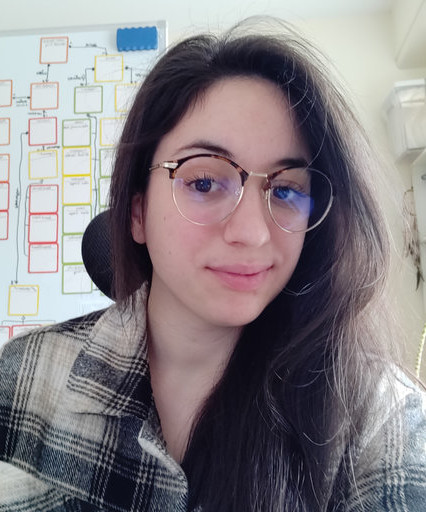ESR 4: Urban Area Management in Smart Cities
Jean Felicien IhirweIntecs (Italy)
Objectives
The growth of the number of devices with sensing and communication capabilities as well as the advancements in technologies to store, analyse and distribute data can facilitate the management of complex systems such as the ones designed for the urban areas. In the domain of the smart cities, the deployment of a pervasive system capable of collecting and processing data seamlessly can enable real-time monitoring of the urban fabric and allows the stakeholders to offer enhanced services for end-users, while improving global efficiency. However, the development of such systems require multi-disciplinary techniques and tools enabling the design of UX interfaces, and managing scalability issues related to the amount of data produced by heterogeneous sources.
The Intecs Data Manager Framework (DMF) is a service-oriented framework used to decouple data gathering and processing, allowing the deployment of high level logic independently from the type of sensors/actuators used in the system. Integration of external sub-systems is provided by dedicated software components, which are in charge of integrating data and enabling communication with the attached sub-systems. Finally, the framework provides a set of basic services to perform resources discovery, communication and data processing, while the high level applications are deployed on top of the capabilities provided by the framework. The CHESS Eclipse project made provision of a toolset to support a model driven component based approach for the development of real-time and dependable complex systems.
The objective of this project is to investigate how to improve the model-driven design and development of IoT systems on frameworks such as the DMF, by using Scalable LCEPs to model data-sources heterogeneity, standards and technologies involved in communications, interoperability with external systems, scalability and resilience.
Expected Results
A significant contribution to the IoT development community will be the application of the Lowcomote concepts and technology to support the development of IoT systems. We expect to deal with scalability issues by supporting the application of the proposed techniques on models consisting of large numbers of elements and relations.
Publications
-
Assessing the Quality of Low-Code and Model-Driven Engineering Platforms for Engineering IoT Systems. Jean Felicien Ihirwe, Davide Di Ruscio, Simone Gianfranceschi, Alfonso Pierantonio, Dec. 2022. 2022 IEEE 22nd International Conference on Software Quality, Reliability and Security (QRS)
-
Cloud-based modeling in IoT domain. a survey, open challenges and opportunities. Jean Felicien Ihirwe, Arsene Indamutsa, Davide Di Ruscio, Silvia Mazzini, Alfonso Pierantonio, Oct. 2021. 2nd Low-code Workshop at the ACM/IEEE 24th International Conference on Model Driven Engineering Languages and Systems (MODELS 2021)
-
A domain-specific modeling and analysis environment for complex IoT applications. Jean Felicien Ihirwe, Davide Di Ruscio, Silvia Mazzini, Alfonso Pierantonio, Sep. 2021. 7th Italian Conference on ICT for Smart Cities And Communities (I-CiTies'21)
-
Towards an MQTT5 geo-location extension for location-aware applications. Jean Felicien Ihirwe, Giovanni Iovino, Davide Di Ruscio, Jul. 2021. 44th International Conference on Telecommunications and Signal Processing (TSP)
-
Towards a modeling and analysis environment for industrial IoT systems. Jean Felicien Ihirwe, Davide Di Ruscio, Silvia Mazzini, Alfonso Pierantonio, Jun. 2021. International Workshop on Model-Driven Engineering for Smart IoT Systems (MESS) colocated with STAF’21 conferences
-
Model-based analysis support for dependable complex systems in CHESS. Alberto Debiasi, Jean Felicien Ihirwe, Pierluigi Pierini, Silvia Mazzini, Stefano Tonetta, Feb. 2021. International Conference on Model-Driven Engineering and Software Development. (MODELSWARD 2021)
-
Lowcode Engineering for Internet of things, A state of research. Jean Felicien Ihirwe, Davide Di Ruscio, Silvia Mazzini, Pierluigi Pierlini, Alfonso Pierantonio, Oct. 2020. ACM/IEEE 23rd International Conference on Model Driven Engineering Languages and Systems, (Virtual Conference) (MODELS 2020)
Supervisors
-

Davide Di Ruscio
Supervision (Univaq)
-

Alfonso Pierantonio
Supervision (Univaq)
-

Simone Gianfranceschi
Supervision (INT)
Secondments
Secondment 1: Explore distributed verification of complex IoT systems under hetereogeneus infrastructure constraints.
-

Faezeh Khorram
ESR 10
(IMT)
-

Gerson Sunye
Supervision
(IMT)
-

Jean-Marie Mottu
Supervision
(IMT)
Secondment 2: Collaboration with ESR2 to build editors for large IoT system models and log monitoring.
-

Francisco Martínez Lasaca
ESR 2
(UGD)
-

Pablo Díez
Supervision
(UGD)
Will be visited by
-

Léa Brunschwig
ESR 5
(UAM)
-

Jolan Philippe
ESR 14
(IMT)
Other ESR:
1;
2;
3;
4;
5;
6;
7;
8;
9;
10;
11;
12;
13;
14;
15;
-

Faezeh Khorram
ESR 10 (IMT)
-

Gerson Sunye
Supervision (IMT)
-

Jean-Marie Mottu
Supervision (IMT)
Secondment 2: Collaboration with ESR2 to build editors for large IoT system models and log monitoring.
-

Francisco Martínez Lasaca
ESR 2
(UGD)
-

Pablo Díez
Supervision
(UGD)
Will be visited by
-

Léa Brunschwig
ESR 5
(UAM)
-

Jolan Philippe
ESR 14
(IMT)
Other ESR:
1;
2;
3;
4;
5;
6;
7;
8;
9;
10;
11;
12;
13;
14;
15;
-

Francisco Martínez Lasaca
ESR 2 (UGD)
-

Pablo Díez
Supervision (UGD)
Will be visited by
-

Léa Brunschwig
ESR 5 (UAM)
-

Jolan Philippe
ESR 14 (IMT)
Other ESR: 1; 2; 3; 4; 5; 6; 7; 8; 9; 10; 11; 12; 13; 14; 15;



 Contact:
Contact: